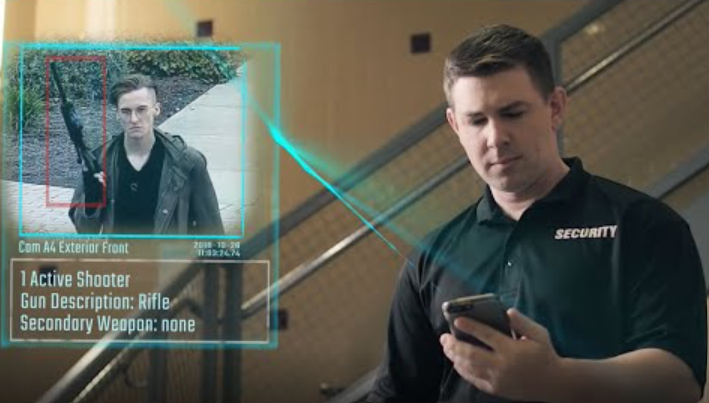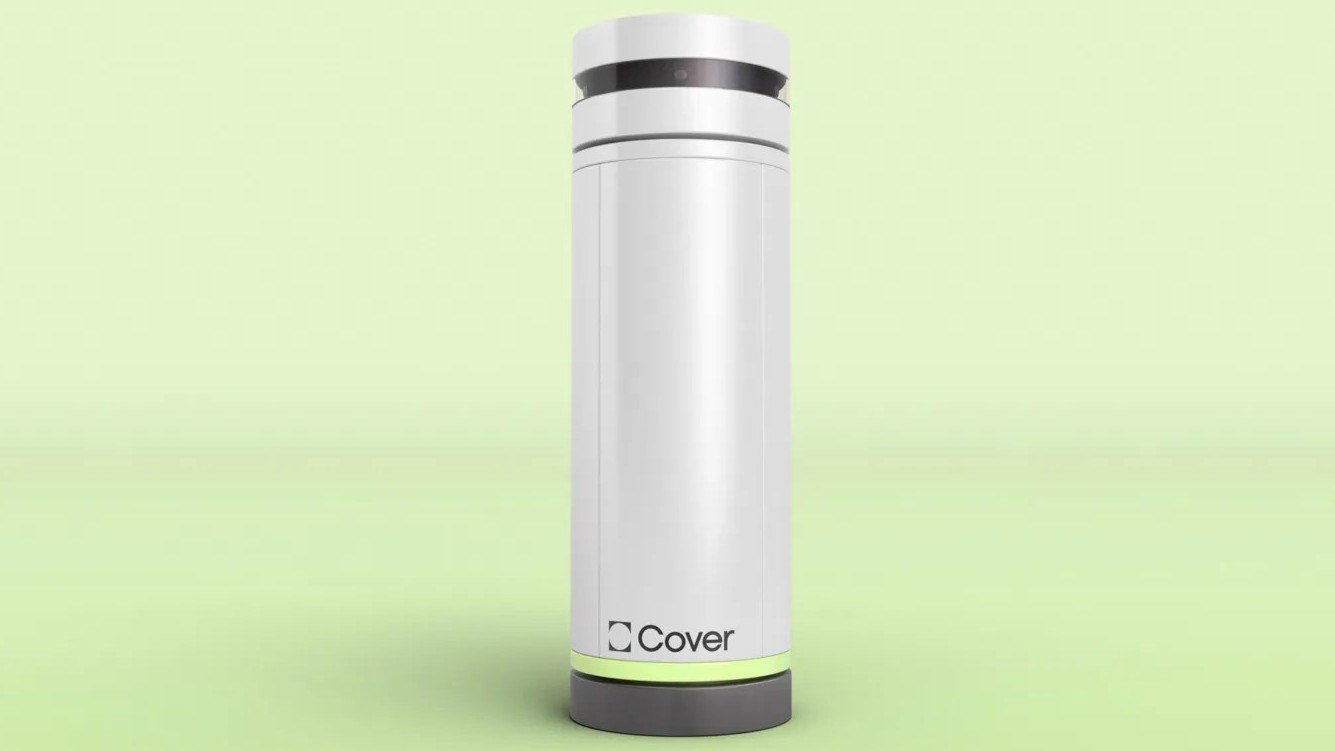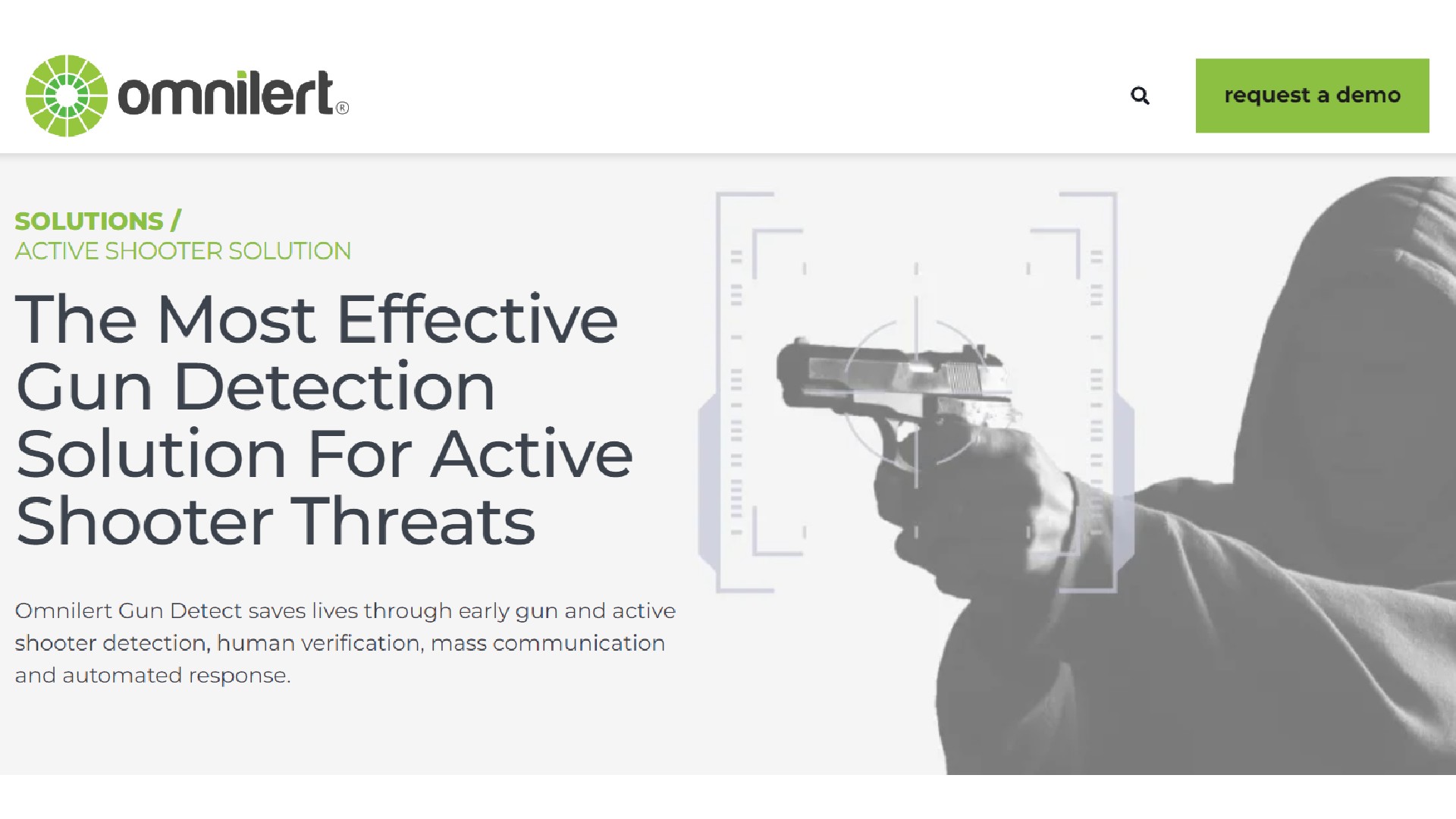
Whatever side of the political fence you sit on, we can all agree that school shootings should not happen. And yet the number of school shootings in the United States has been steadily growing in the last few years, rising from a high of 52 in 2019 to 73, 79 and 82 in 2021, 2022 and 2023.
Of course, people can (and will) argue about these precise figures. But hopefully, we can also agree that even one school shooting is too many. Yet few of us are confident that Congress will pass any law that can meaningfully reduce the number of dead, any time soon.
So why not try something else instead? That's the thinking behind a new wave of technology startups, which are offering new and innovative ways to stop students bringing guns onto school grounds.
Balancing security and privacy
Among them is Cover, a California-based company founded by entrepreneur Brett Adcock. Its approach involves putting advanced scanning technology, similar to but more powerful than the full-body scanners used in airports, into school hallways. (This raises the question of why they aren't in airports already, of course, but that's another issue.)
The system, exclusively licensed from NASA's Jet Propulsion Laboratory, can detect potential threats from a distance of 10 to 15 feet, speeding up response times compared to traditional security measures.

What sets Cover apart is its use of artificial intelligence to monitor the scans, focusing solely on identifying a specific set of weapons such as guns, knives and explosives. That means that although technically it can see under students' clothing, these images won't be seen by a single human or stored anywhere.
In this respect it's similar to tech being developed at the University of Michigan for domestic security cameras and smart devices, which turn images of you into stick figures in-camera to protect your privacy.
Systems on the ground
But while Cover's approach is interesting, it's also somewhat late to the party. Philadelphia-based company ZeroEyes, for example, has already deployed its own AI gun detection system in educational institutions across 42 US states.
ZeroEyes was founded in 2018 by a team of Navy SEALs and technologists following the Marjory Stoneman Douglas school active shooter incident. Its technology integrates with existing security cameras, and similarly uses AI to identify firearms, alerting human operators who can then notify law enforcement if necessary.
This tech, which is also used to protect commercial buildings and defense sites, currently analyzes over three billion images each day from security cameras. Florida Southwestern State College, for instance, has recently implemented ZeroEyes' system across all four of its campuses.

There are plenty of other startups active in this space, too. Similar to ZeroEyes, Omnilert uses AI to detect guns in live video feeds, and trigger alerts to law enforcement. There's also PerVista, a platform that analyzes video streams to detect firearms in real time, alerting school and public safety officials.
Will any of this work?
On the one hand, it feels like we're already living in the kind of scary, sci-fi surveillance societies envisaged by classic movies such as 1984, Brazil and Minority Report; not exactly "home of the free".
On the other hand, no one wants their kids to be shot. And just as few people ever complain about being checked for bombs before boarding a plane, no one seems to have kicked up a storm about this surveillance camera tech yet. And the clever use of AI to protect privacy means that's less likely to happen, too.
How effective these systems actually are, of course, remains to be seen. After all, we've had metal detectors in schools for years – and people initially expected that to reverse, or at least hold back, the tide of shootings. Tragically, it hasn't. And until systems like ZeroEyes are more widely deployed, there's going to be limited data available for comprehensive analysis.







